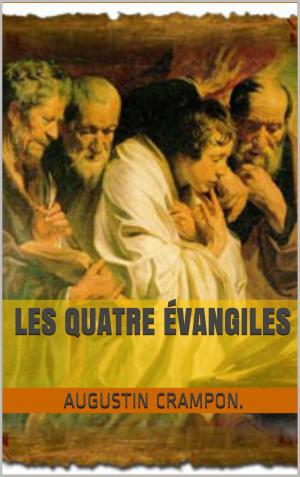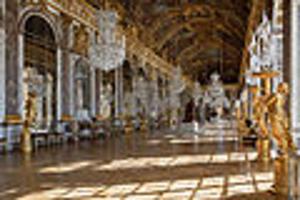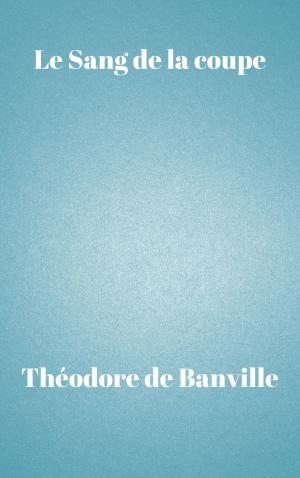| Author: | Edgar Wallace | ISBN: | 1230000876421 |
| Publisher: | CP | Publication: | January 5, 2016 |
| Imprint: | Language: | English |
| Author: | Edgar Wallace |
| ISBN: | 1230000876421 |
| Publisher: | CP |
| Publication: | January 5, 2016 |
| Imprint: | |
| Language: | English |
Four men sat about a table on the sidewalk in front of the Café of the Nations in the High Street of Cadiz and talked business.
Leon Gonsalez was one, Poiccart was another, George Manfred was a notable third, and one, Thery, or Saimont, was the fourth. Of this quartet, only Thery requires no introduction to the student of contemporary history. In the Bureau of Public Affairs you will find his record. As Thery, alias Saimont, he is registered, and to all students of Criminology and Physiognomy, he must need no introduction.
He sat at the little table, this man, obviously ill at ease, pinching his fat cheeks, smoothing his shaggy eyebrows, fingering the white scar on his unshaven chin, doing all the things that the lower classes do when they suddenly find themselves placed on terms of equality with their betters.
For although Gonsalez, with the light blue eyes and the restless hands, and Poiccart, heavy, saturnine, and suspicious, and George Manfred, with his grey-shot beard and single eyeglass, were less famous in the criminal world, each was a great man, as you shall learn.
Manfred laid down the Heraldo di Madrid, removed his eyeglass, rubbed it with a spotless handkerchief, and laughed quietly.
“These Russians are droll,” he commented.
Poiccart frowned and reached for the newspaper. “Who is it—this time?”
“A governor of one of the Southern Provinces.”
“Killed?”
Manfred’s moustache curled in scornful derision.
“Bah! Who ever killed a man with a bomb! Yes, yes; I know it has been done—but so clumsy, so primitive, so very much like undermining a city wall that it may fall and slay—amongst others—your enemy.”
Poiccart was reading the telegram deliberately and without haste, after his fashion.
“The Prince was severely injured and the would-be assassin lost an arm,” he read, and pursed his lips disapprovingly. The hands of Gonsalez, never still, opened and shut nervously, which was Leon’s sign of perturbation.
Four men sat about a table on the sidewalk in front of the Café of the Nations in the High Street of Cadiz and talked business.
Leon Gonsalez was one, Poiccart was another, George Manfred was a notable third, and one, Thery, or Saimont, was the fourth. Of this quartet, only Thery requires no introduction to the student of contemporary history. In the Bureau of Public Affairs you will find his record. As Thery, alias Saimont, he is registered, and to all students of Criminology and Physiognomy, he must need no introduction.
He sat at the little table, this man, obviously ill at ease, pinching his fat cheeks, smoothing his shaggy eyebrows, fingering the white scar on his unshaven chin, doing all the things that the lower classes do when they suddenly find themselves placed on terms of equality with their betters.
For although Gonsalez, with the light blue eyes and the restless hands, and Poiccart, heavy, saturnine, and suspicious, and George Manfred, with his grey-shot beard and single eyeglass, were less famous in the criminal world, each was a great man, as you shall learn.
Manfred laid down the Heraldo di Madrid, removed his eyeglass, rubbed it with a spotless handkerchief, and laughed quietly.
“These Russians are droll,” he commented.
Poiccart frowned and reached for the newspaper. “Who is it—this time?”
“A governor of one of the Southern Provinces.”
“Killed?”
Manfred’s moustache curled in scornful derision.
“Bah! Who ever killed a man with a bomb! Yes, yes; I know it has been done—but so clumsy, so primitive, so very much like undermining a city wall that it may fall and slay—amongst others—your enemy.”
Poiccart was reading the telegram deliberately and without haste, after his fashion.
“The Prince was severely injured and the would-be assassin lost an arm,” he read, and pursed his lips disapprovingly. The hands of Gonsalez, never still, opened and shut nervously, which was Leon’s sign of perturbation.















